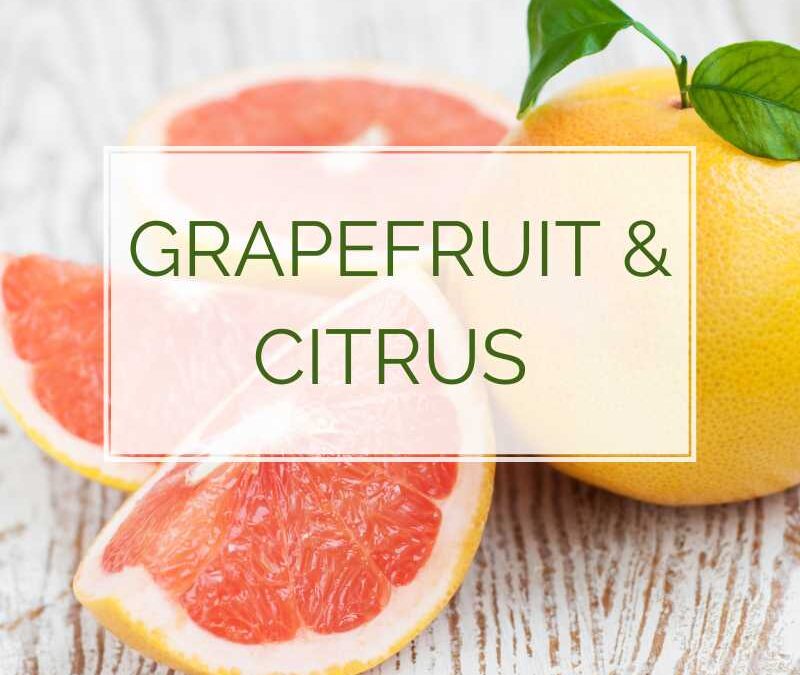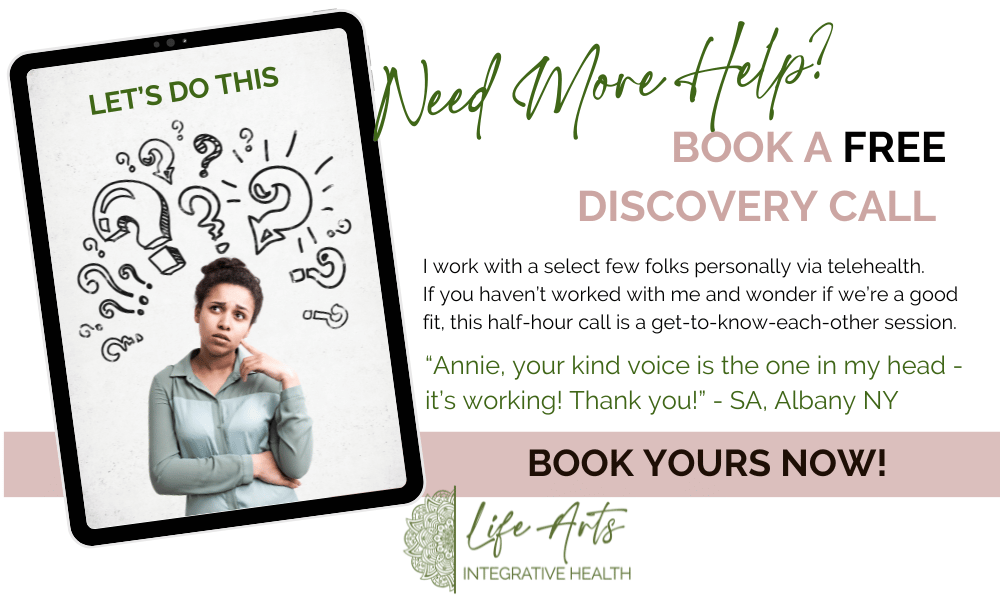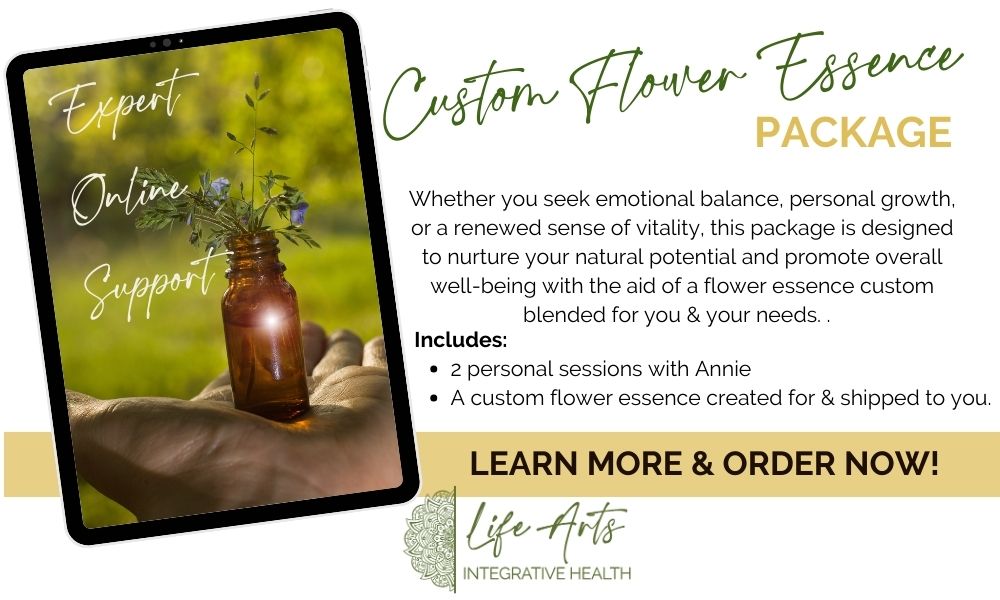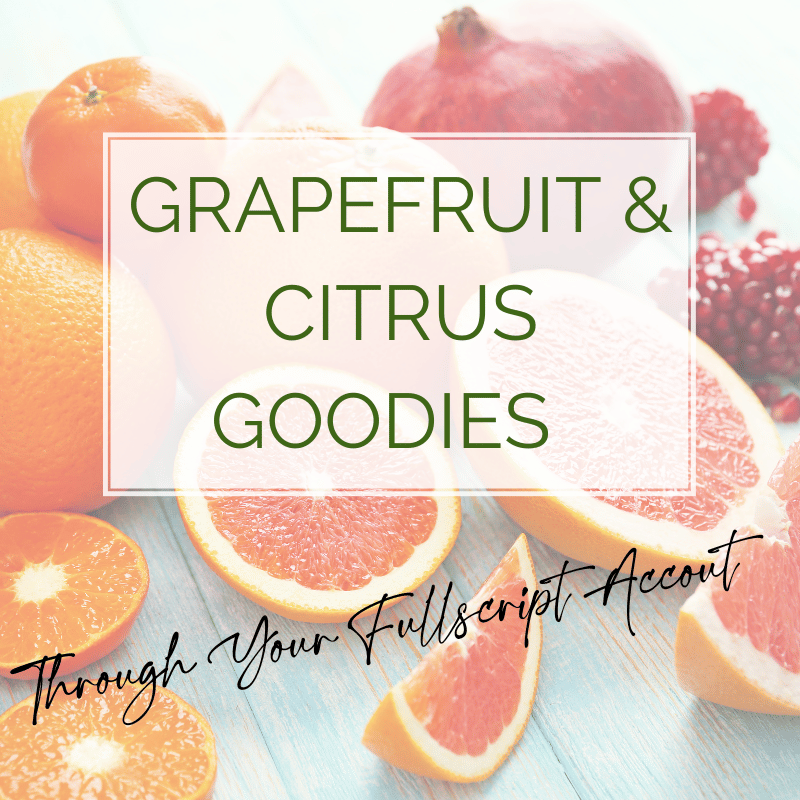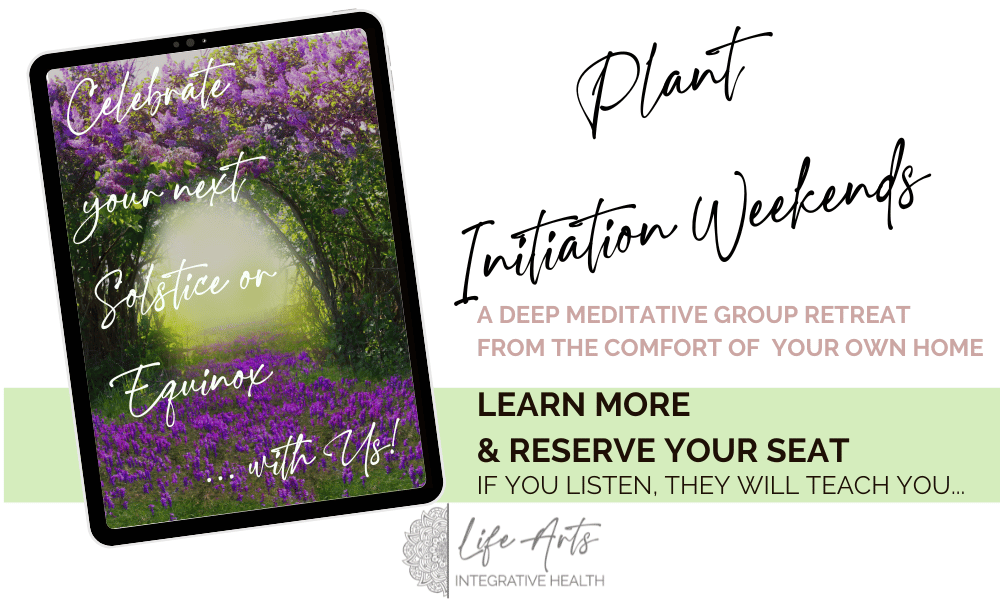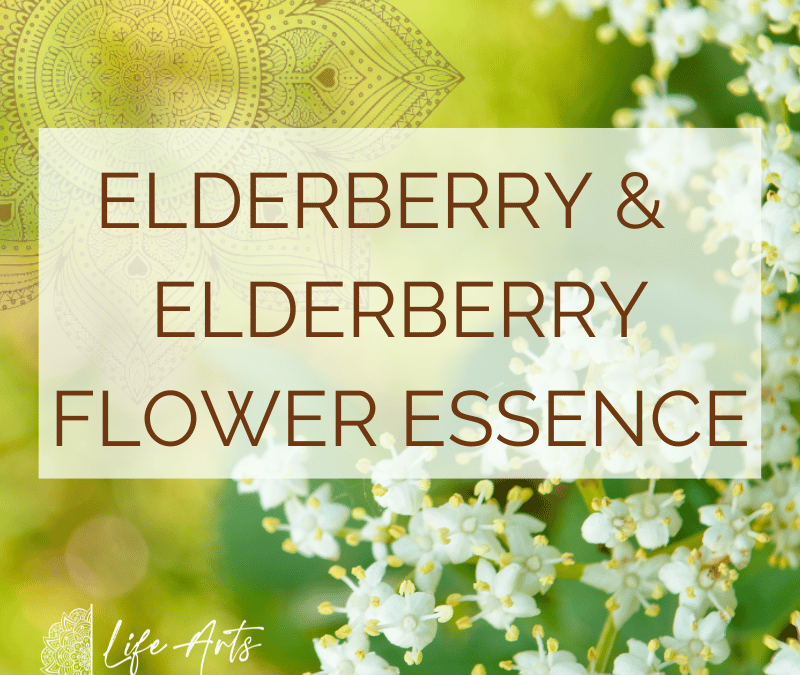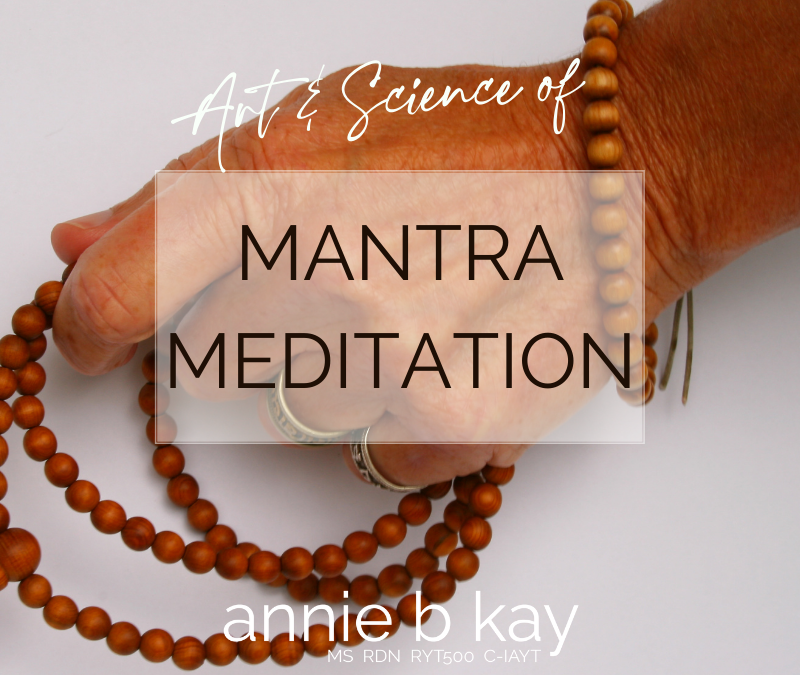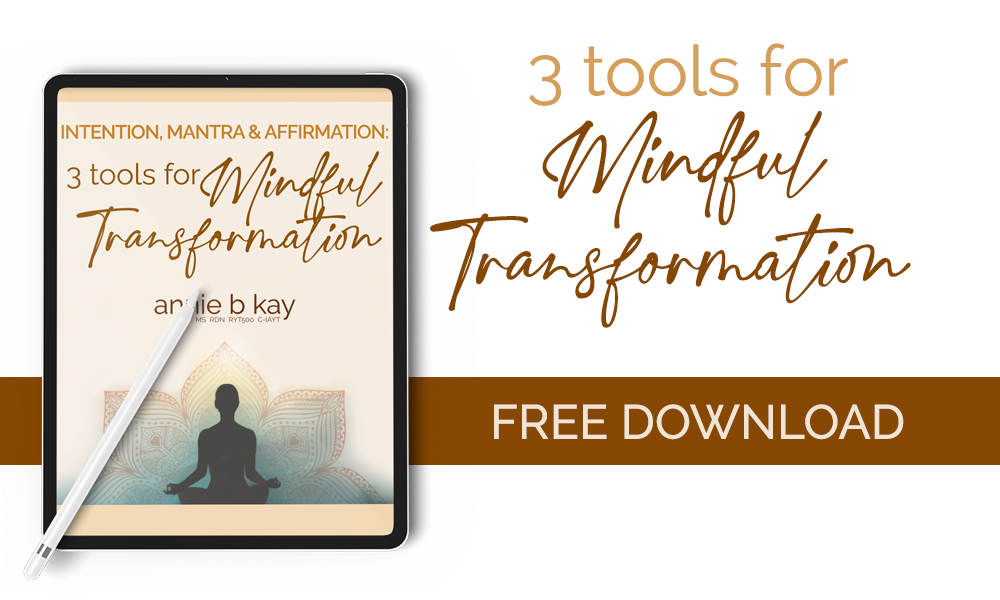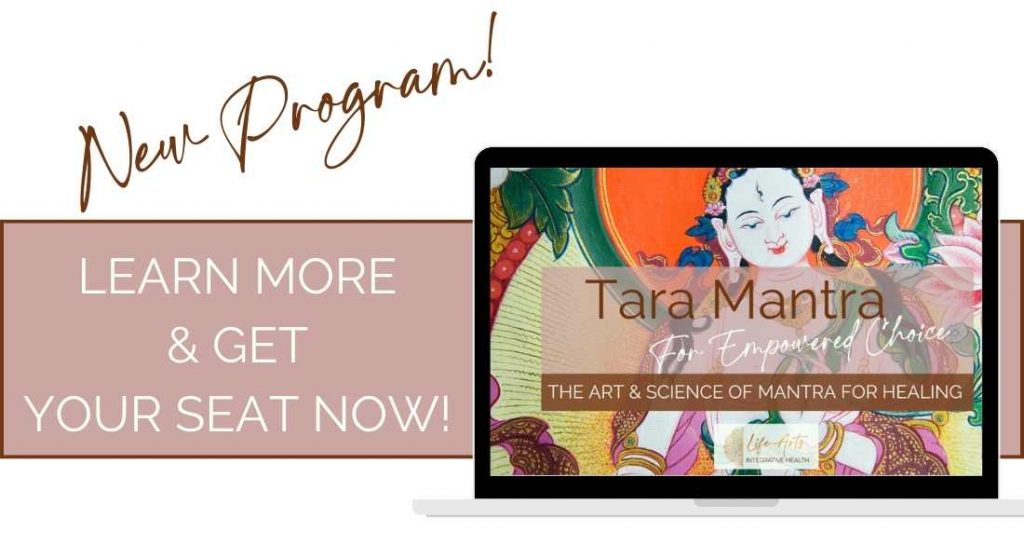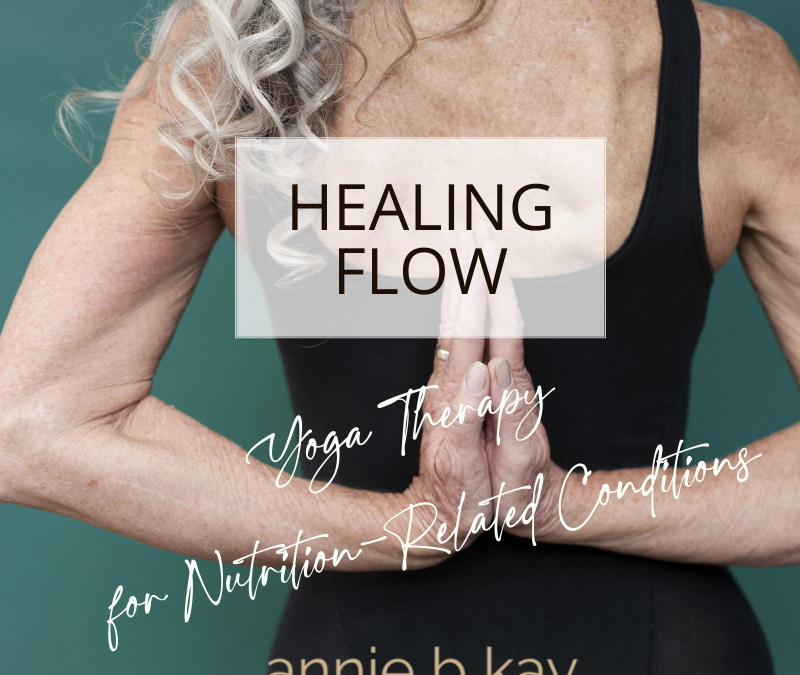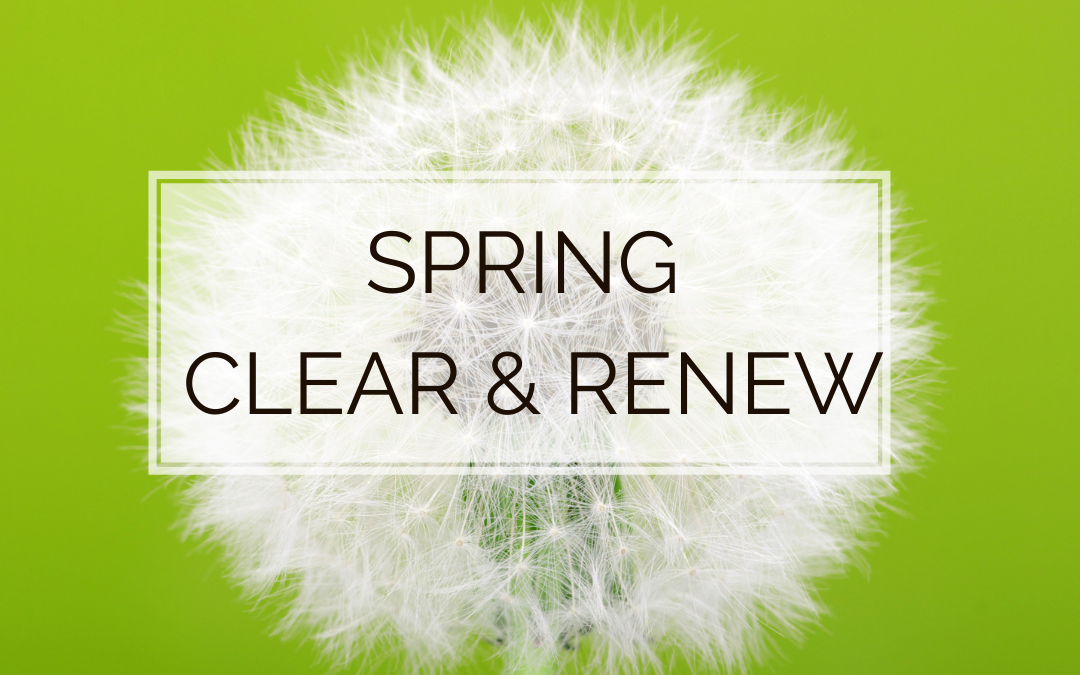My garden’s filled with edible flowers and herbs, and when it starts to go off, my salads and dishes explode in technicolor! Edible flowers aren’t, however, just a colorful addition to your plate; they’re a vibrant, nutrient-rich ingredient that has been used for centuries around the world. Beyond their fragrant and aesthetic appeal, edible flowers offer nutritional benefits.
This post explores the world of edible flowers, delving into their health benefits, identifying specific flowers you can incorporate into your meals, offering tips on how to gather them safely, and culinary tips to elevate your dishes.
Health Benefits
Edible flowers are packed with vitamins, minerals, and antioxidants. Here are some key benefits they offer:
edible flowers are…Rich in Antioxidants
Many edible flowers, such as marigolds and nasturtiums, are high in antioxidants, which help combat free radicals in the body and reduce oxidative stress.
Anti-Inflammatory Properties
Flowers like calendula and chamomile have anti-inflammatory properties, which can help reduce inflammation and soothe various ailments.
Vitamin Boost
Edible flowers such as hibiscus and rose petals are rich in vitamins A, C, and E, which are essential for maintaining healthy skin, boosting the immune system, and improving overall health.
Digestive Health
Flowers like dandelions and lavender can aid digestion. Dandelions act as a mild laxative, while lavender helps reduce bloating and gas.
Calming Effects
Chamomile and lavender are well-known for their calming effects, making them excellent for reducing anxiety and promoting better sleep.
10 Common Edible Flowers
-
Nasturtiums (Tropaeolum majus)
-
- Flavor: Peppery, similar to watercress
- Health Benefits: High in vitamin C and antioxidants
- Uses: Salads, garnishes, stuffed flowers
-
Marigolds (Tagetes spp.)
- Flavor: Citrusy and slightly bitter
- Health Benefits: Contains lutein and zeaxanthin, which are beneficial for eye health
- Uses: Soups, rice dishes, as a natural food dye
-
Pansies (Viola tricolor)
- Flavor: Mildly sweet to slightly grassy
- Health Benefits: Anti-inflammatory and rich in vitamins A and C
- Uses: Salads, desserts, as decorative garnishes
-
Borage (Borago officinalis)
- Flavor: Cucumber-like
- Health Benefits: High in omega-6 fatty acids and acts as a diuretic
- Uses: Salads, beverages, soups
-
Lavender (Lavandula angustifolia)
- Flavor: Sweet, floral, with hints of mint and citrus
- Health Benefits: Calming properties, aids in digestion and sleep
- Uses: Desserts, teas, savory dishes
-
Hibiscus (Hibiscus sabdariffa)
- Flavor: Tart and cranberry-like
- Health Benefits: High in vitamin C, aids in lowering blood pressure
- Uses: Teas, jams, sauces
-
Dandelions (Taraxacum officinale)
- Flavor: Sweet, honey-like
- Health Benefits: Diuretic, aids digestion, rich in vitamins A and C
- Uses: Salads, soups, teas
-
Rose Petals (Rosa spp.)
- Flavor: Sweet, perfumed
- Health Benefits: Rich in vitamin C and antioxidants, aids in digestion
- Uses: Desserts, syrups, salads
-
Calendula (Calendula officinalis)
- Flavor: Peppery, tangy
- Health Benefits: Anti-inflammatory, antimicrobial properties
- Uses: Salads, soups, as a saffron substitute
-
Chamomile (Matricaria chamomilla)
- Flavor: Sweet, apple-like
- Health Benefits: Calming effects, aids in digestion
- Uses: Teas, desserts, as a garnish
How to Gather Safely
Gathering edible flowers requires care and knowledge to ensure they are safe to consume. Here are a few tips to help support a pleasant edible flower experience:
- Identify Correctly: Make sure to correctly identify the flower. Use reliable guides or consult with an expert to avoid consuming toxic flowers.
- Organic Sources: Always gather flowers from organic sources, free from pesticides and chemicals. Avoid roadside or industrial area flowers.
- Time of Harvest: Pick flowers in the morning after the dew has evaporated but before the sun is too strong, as this is when their flavor is most concentrated.
- Healthy Specimens: Choose flowers that are healthy and free from spots, molds, or pests
- Preparation: Rinse flowers gently under cold water to remove dirt and small creepy crawling insects. Pat them dry with a paper towel before use.
Culinary Tips for Using Edible Flowers
Incorporating edible flowers into your cooking is a sensory joy – they smell great and are just gorgeous. Here are some tips and ideas to inspire & get you started:
- Salads: Add fresh, colorful petals to salads for a burst of color and flavor. Nasturtiums, pansies, and calendula work well.
- Desserts: Use flowers like lavender and rose petals to infuse syrups, creams, and baked goods with floral notes.
- Teas and Infusions: Brew flowers such as chamomile, hibiscus, and lavender for soothing herbal teas. Fresh or dried petals can be used.
- Garnishes: Decorate cakes, pastries, and cocktails with vibrant, edible flowers like violas and borage for a stunning presentation.
- Herbal Butters and Oils: Mix finely chopped petals of flowers like chive blossoms or marigolds into butter or oils for a unique flavor twist.
- Candied Flowers: Preserve the beauty of flowers like violets and rose petals by candying them with egg white and sugar, perfect for decorating desserts.
- Soups and Stews: Add flowers such as calendula or marigold towards the end of cooking for an extra layer of flavor and color.
- Jams and Jellies: Incorporate petals from flowers like dandelions and roses into homemade jams and jellies for a unique taste.
In this blog post, we’ve covered the health benefits, specific types of edible flowers, safe gathering practices, and culinary tips to help you incorporate these delicate delights into your diet. Whether you’re a seasoned cook or a novice in the kitchen, edible flowers can add a new dimension to your culinary adventures, enriching both your palate and your health. Enjoy!
Sources
Edible Flowers: Antioxidant Compounds and Their Functional Properties
This review explores the antioxidant compounds found in edible flowers, emphasizing their bioactive profiles and potential health benefits. It discusses the phenolic compounds, flavonoids, carotenoids, and other antioxidants that contribute to the health-promoting properties of edible flowers.
Prabawati, N.B., Oktavirina, V., Palma, M., & Setyaningsih, W. (2021). Horticulturae, 7(4), 66.
Phytochemicals and Antioxidant Properties of Edible Flowers
This study compiles data on the chemical composition and antioxidant properties of over 200 edible flowers, detailing their phenolic content, flavonoids, and antioxidant activity. The research highlights the significant health benefits these phytochemicals provide, particularly in reducing the risk of chronic diseases. Kandylis, P. (2022). Applied Sciences, 12(19), 9937.
Edible Flowers Used in Some Countries of the Mediterranean Basin: An Ethnobotanical Overview
This review looks at edible flowers in Mediterranean countries, where they are widely used.2022 Nov 28;11(23):3272.

